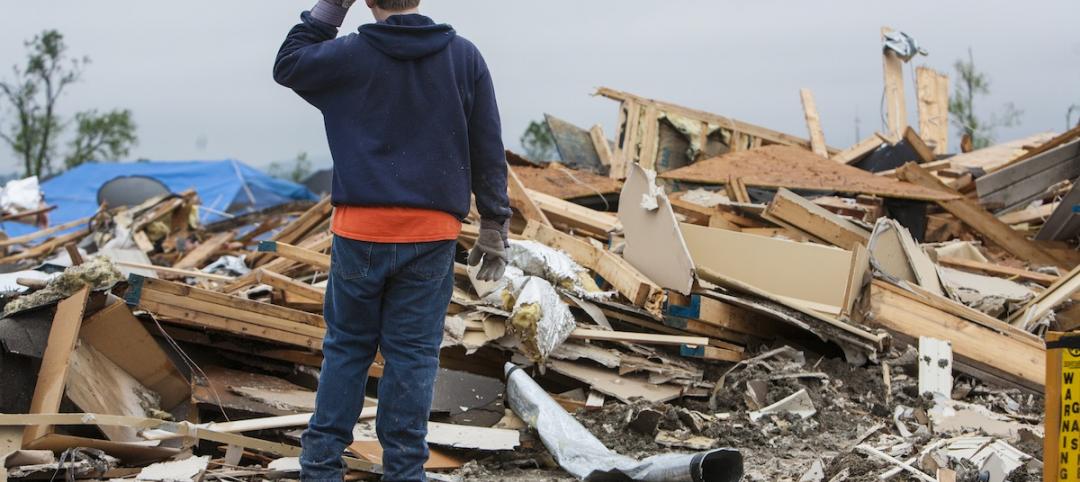Hurricane Ian struck the Southwest Florida coastline last fall with winds exceeding 150 mph, flooding cities, and devastating structures across the state.
A construction risk management expert writing for Multifamily Dive believes the projected economic damage, as high as $75 billion, will prompt the state to beef up building codes and reform land use rules. Changes may include higher elevations requirements, elevated living spaces, and mandates for concrete block framing.
Single-family and multifamily homes anchored on concrete piers may be designed with open garages to protect elevated living spaces. Building pad elevations are likely to rise.
Nearly 500,000 insurance claims have already been filed in the aftermath of Ian, with estimated losses of $4.5 billion, according to the Florida Office of Regulation. Thousands of residents are still waiting to rebuild destroyed homes.
Improved codes and regulations that yield more resilient structures will help ensure that the state will better withstand the impact of future mega-storms like Ian that are likely to strike the state again. Florida officials appear to be getting that message.
Related Stories
| Jun 4, 2014
Green initiative may scuttle high-rise projects in Berkeley, California, critics charge
Volunteers in Berkeley, Calif., are collecting signatures for the “Green Downtown & Public Commons Initiative,” a controversial measure that critics charge would halt some development in the city.
| Jun 2, 2014
Parking structures group launches LEED-type program for parking garages
The Green Parking Council, an affiliate of the International Parking Institute, has launched the Green Garage Certification program, the parking industry equivalent of LEED certification.
| May 28, 2014
Commercial building measurement standard could meet resistance from owners
For some building owners, a new measurement standard could mean that their building would shrink in size and lose value.
| May 28, 2014
Resiliency measures for hurricanes can help with tornadoes
Architect Butch Grimes, who examined the wreckage after a half-mile tornado struck Tuscaloosa, Ala., believes toughening building codes can reduce damage from twisters.
| May 28, 2014
Rooftop wind turbines becoming green status symbol in New York City
New York City developers are using rooftop wind turbines in an effort to attract buyers by highlighting a building’s green credentials.
| May 28, 2014
Peer review process under way for the WELL Building Standard
The standard is the first protocol of its kind that focuses on improving human wellness within the built environment by identifying specific conditions that, when holistically integrated into building interiors, enhance the health and wellbeing of the occupants.
| May 22, 2014
ASHRAE releases best practice guide for liquid cooling systems in data centers
The publication provides guidelines on interface requirements between chilled-water systems and technology cooling systems and on the requirements of liquid-cooled systems that attach to a datacom electronics rack.
| May 22, 2014
Colorado approves $4.2B data center said to be invulnerable to power outages
The Niobrara Data Center Energy Park project in Colorado will be the first data center to be fully self-contained with its own self-generated energy production facility.
| May 22, 2014
Energy Department analysis shows efficiency gains from ASHRAE 2013 energy standard
Preliminary DOE analysis shows that the ASHRAE/IES’s 2013 energy efficiency standard contains energy savings over the 2010 standard of 8.5% source energy and 7.6% site energy.
| May 22, 2014
Federal disaster policy should focus on mitigation, insurance group says
Federal disaster policy should shift its focus toward mitigation in order to reduce future disaster costs, the National Association of Mutual Insurance Companies says.
















